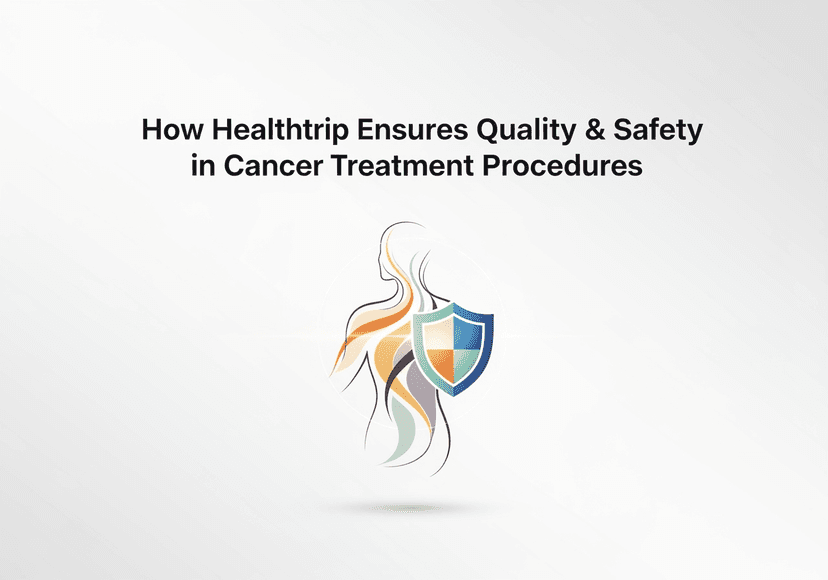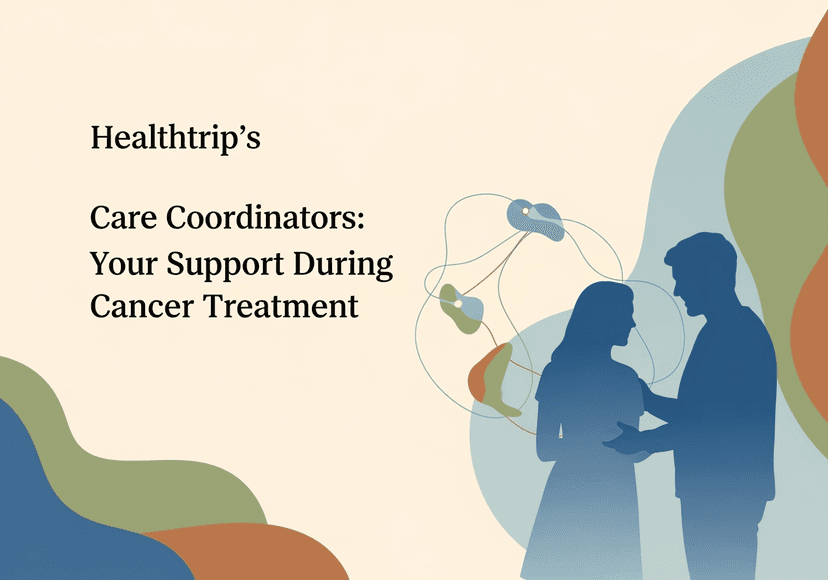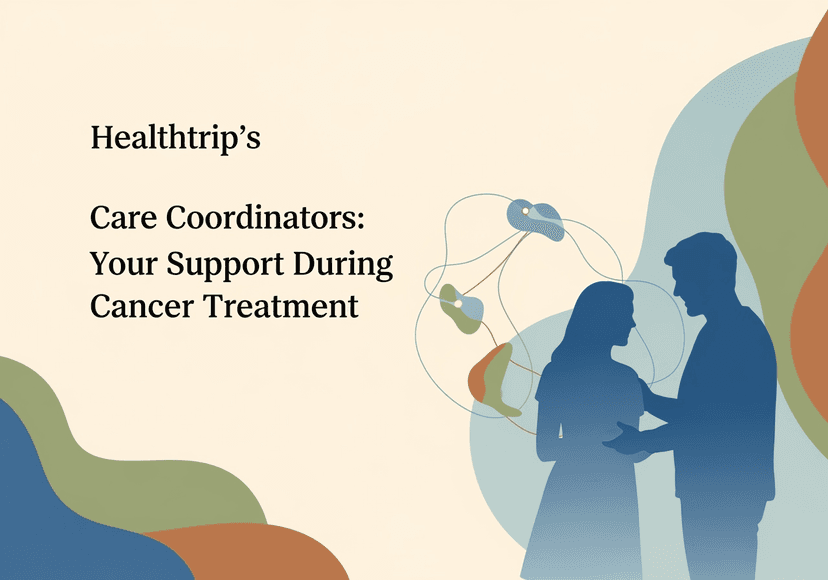
Understanding Cervical Cancer
10 Oct, 2024
 Healthtrip
HealthtripCervical cancer, a type of cancer that affects the cervix, the lower part of the uterus that connects to the vagina, is a serious health concern for women worldwide. According to the World Health Organization (WHO), cervical cancer is the fourth most common cause of cancer death in women, with over 300,000 deaths reported annually. Despite being a preventable disease, cervical cancer remains a significant threat to women's health, especially in low- and middle-income countries where access to healthcare is limited.
What Causes Cervical Cancer?
Cervical cancer is primarily caused by the human papillomavirus (HPV), a sexually transmitted infection. There are over 100 types of HPV, but only a few high-risk types, such as HPV 16 and HPV 18, are responsible for causing cervical cancer. These high-risk types of HPV can cause abnormal cell changes in the cervix, which can eventually lead to cancer if left untreated. Other risk factors for cervical cancer include a weakened immune system, a history of sexually transmitted infections, and a family history of cervical cancer.
Most popular procedures in India
HPV and Cervical Cancer: The Connection
HPV is the primary cause of cervical cancer, and it's essential to understand the connection between the two. HPV is a common virus that affects millions of people worldwide, and most people who contract HPV will not develop cervical cancer. However, in some cases, HPV can cause abnormal cell changes in the cervix, which can lead to cancer if left untreated. The good news is that HPV-related cervical cancer can be prevented through regular screening, vaccination, and safe sexual practices.
Wellness Treatments
Give yourself the time to relax
Lowest Prices Guaranteed!

Lowest Prices Guaranteed!
Symptoms of Cervical Cancer
Cervical cancer often doesn't show any symptoms in its early stages, which is why regular screening is crucial for early detection. However, as the cancer progresses, women may experience symptoms such as abnormal vaginal bleeding, pelvic pain, or pain during sex. In some cases, women may experience abnormal vaginal discharge or a strong odor. It's essential to seek medical attention if you experience any of these symptoms, especially if you're over 30 years old or have a history of HPV infection.
Why Early Detection Matters
Early detection of cervical cancer is critical for effective treatment and survival. When detected early, cervical cancer can be treated with minimal complications, and the chances of survival are high. In fact, according to the American Cancer Society, the 5-year survival rate for women diagnosed with cervical cancer in its early stages is over 90%. However, if the cancer is detected in its advanced stages, the survival rate drops significantly, making early detection crucial.
Prevention and Treatment Options
Preventing cervical cancer is possible through a combination of regular screening, vaccination, and safe sexual practices. The HPV vaccine is a safe and effective way to prevent HPV infection, and it's recommended for all girls and boys between the ages of 11 and 12. Regular Pap tests can detect abnormal cell changes in the cervix, allowing for early treatment and prevention of cervical cancer. Additionally, practicing safe sex, such as using condoms, can reduce the risk of HPV infection.
Treatment Options for Cervical Cancer
Treatment options for cervical cancer depend on the stage and severity of the cancer. In its early stages, cervical cancer can be treated with minimal complications using procedures such as LEEP (loop electrosurgical excision procedure) or laser therapy. In more advanced stages, treatment options may include chemotherapy, radiation therapy, or a hysterectomy. It's essential to seek medical attention if you've been diagnosed with cervical cancer to discuss the best treatment options for your individual case.
Raising Awareness and Reducing Stigma
Cervical cancer is a preventable disease, yet it remains a significant threat to women's health worldwide. Raising awareness about cervical cancer, its causes, symptoms, and prevention methods is crucial for reducing the stigma associated with the disease. By promoting open conversations about cervical cancer, we can encourage women to take control of their health, seek regular screening, and practice safe sexual habits. It's time to break the silence surrounding cervical cancer and work towards a future where this preventable disease is a thing of the past.
Related Blogs

How Healthtrip Ensures Quality & Safety in Cancer Treatment Procedures
Detailed guide on cancer treatment, featuring doctors, hospitals, risks, recovery,

End-to-End Logistics for Cancer Treatment with Healthtrip's Support
Detailed guide on cancer treatment, featuring doctors, hospitals, risks, recovery,

Healthtrip's Care Coordinators: Your Support During Cancer Treatment
Detailed guide on cancer treatment, featuring doctors, hospitals, risks, recovery,

Healthtrip's Care Coordinators: Your Support During Cancer Treatment
Detailed guide on cancer treatment, featuring doctors, hospitals, risks, recovery,

Top 5 Indian Hospitals for Cancer Treatment
Detailed guide on cancer treatment, featuring doctors, hospitals, risks, recovery,

Post-Cancer Treatment Diet and Lifestyle Tips
Detailed guide on cancer treatment, featuring doctors, hospitals, risks, recovery,










